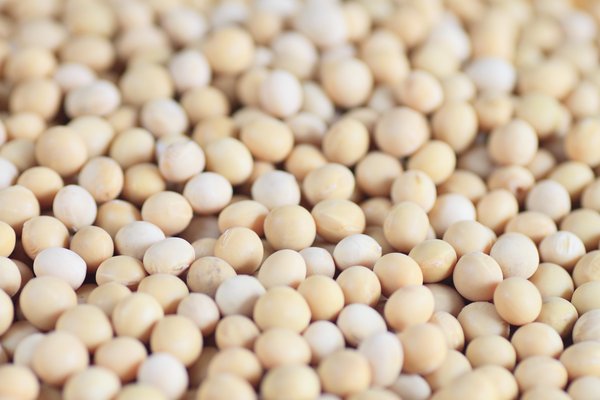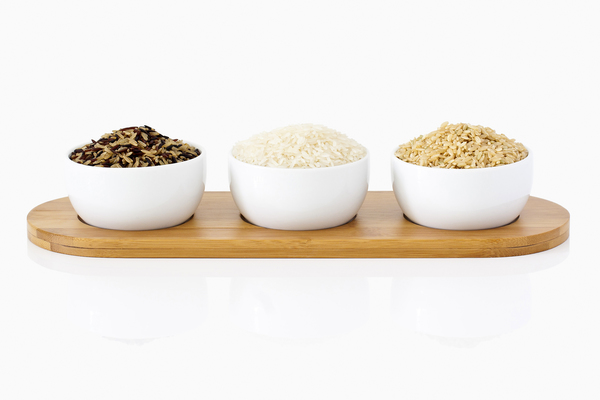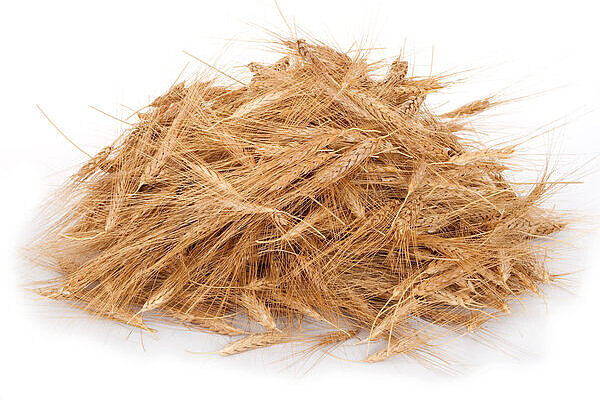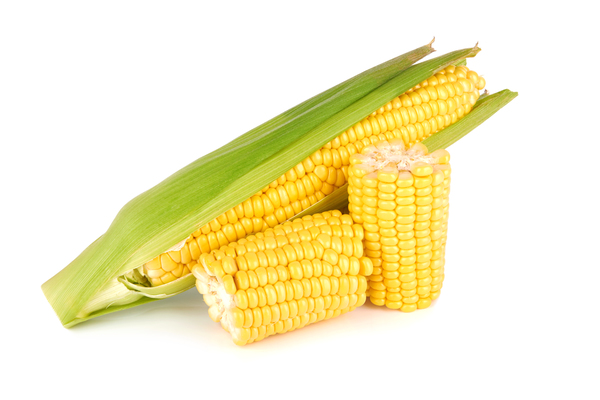Lupin protein

In the world of pet food, especially when it comes to feeding our beloved dogs, pet owners are constantly looking for healthy, nutritious and safe alternatives to conventional ingredients. One such alternative that has been attracting a lot of attention recently is lupin protein. But what makes lupin protein so special, and how does it affect your dog's health? In this article, we dive deep into the topic of lupin protein, analyze its pros and cons, and give you all the information you need to make an informed decision about your four-legged friend's diet.
What is lupin protein?
Lupin protein is obtained from the seeds of the lupin plant, which belongs to the legume family. This plant is known for its high protein content and is often praised as an excellent plant-based source of protein for humans and animals. Lupin protein is particularly rich in essential amino acids that the body cannot produce itself and must therefore be obtained from food.
Benefits of lupin protein for dogs
High-quality protein source
Lupin protein offers an excellent alternative to meat proteins, ideal for dogs with allergies or intolerances to certain types of meat. It is rich in essential amino acids, which are essential for growth, tissue repair and maintaining a healthy immune system.
Hypoallergenic
One of the outstanding properties of lupin protein is its hypoallergenic nature. Compared to common protein sources such as beef, chicken or soy, which can often trigger allergic reactions in dogs, lupin protein offers a safe alternative for sensitive dogs.
Support for digestive health
Lupins are rich in fiber, which helps promote healthy digestion. This fiber not only supports regular digestion, but can also help prevent conditions such as obesity and diabetes by promoting a feeling of fullness and slowing down the absorption of sugar.
Disadvantages of lupin protein
Potential bitter substances
Lupin seeds contain natural bitter substances called alkaloids, which can be harmful to dogs in high concentrations. However, it is important to note that most of these alkaloids are removed during processing. Nevertheless, lupin protein should only be used in products that have been specially produced and tested for dogs.
Availability and cost
Because lupin protein is not yet as widely available as other protein sources, it can be harder to find and often more expensive. This could be a barrier for some pet owners, especially if they are looking for a long-term nutritional solution.
Worth considering?
Lupin protein offers an interesting and potentially very useful source of protein for dogs, especially those with special dietary needs or allergies. The benefits, from high levels of essential amino acids to hypoallergenic properties, make it an attractive alternative to traditional animal proteins. However, it is important to consider the potential drawbacks, such as availability and the need for careful processing to remove bitter compounds.
With the right approach, lupin protein could be an excellent addition to your dog's diet and contribute to a happy, healthy life.
If you notice any signs of hypersensitivity or poisoning in your dog, you should see your vet immediately. We are not a substitute for a vet, but we try to be as accurate as possible. Every dog reacts differently and we recommend you get a second opinion or consult your vet if in doubt.
Stay healthy and take good care of your four-legged friend!😊
Similar to Lupin protein
Soy protein is the protein contained in soybeans. The soybean is a legume and originally comes from East Asia. There it has been used as a food for thousands of years. Various products are made from...
Rice protein is a powder made from rice grains. The carbohydrates and fats are separated from the protein and the protein is concentrated. Rice protein contains all the essential amino acids that...
Wheat protein, also known as gluten or seitan, is a protein that consists of the gluten protein of wheat. It has a high biological value, i.e. it contains all the essential amino acids that the...
Corn protein is a by-product of corn starch and corn syrup production. It consists mainly of the protein contained in the maize grain. Corn protein has a high protein content of around 60 to 70...



